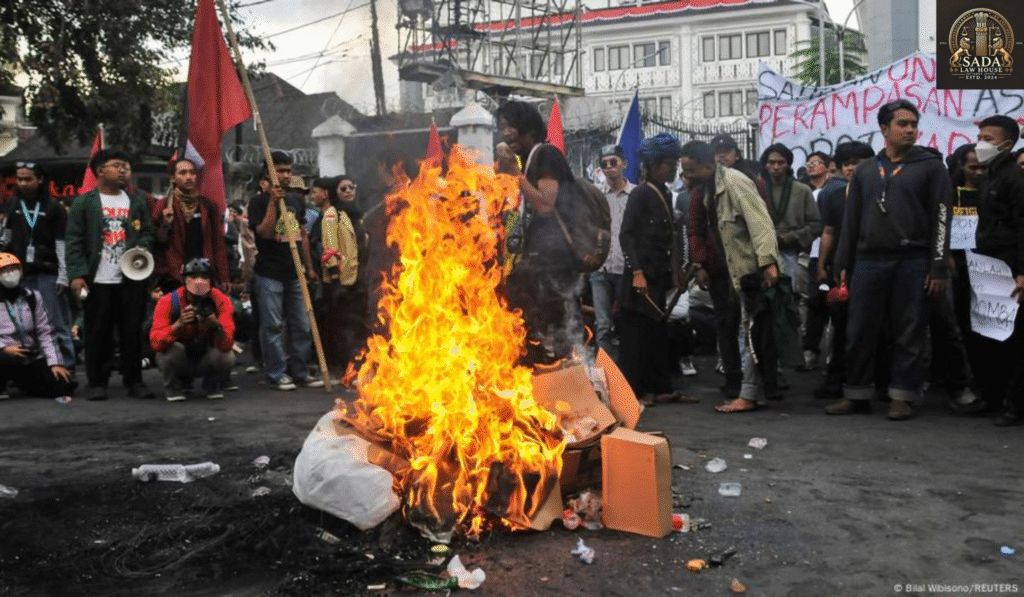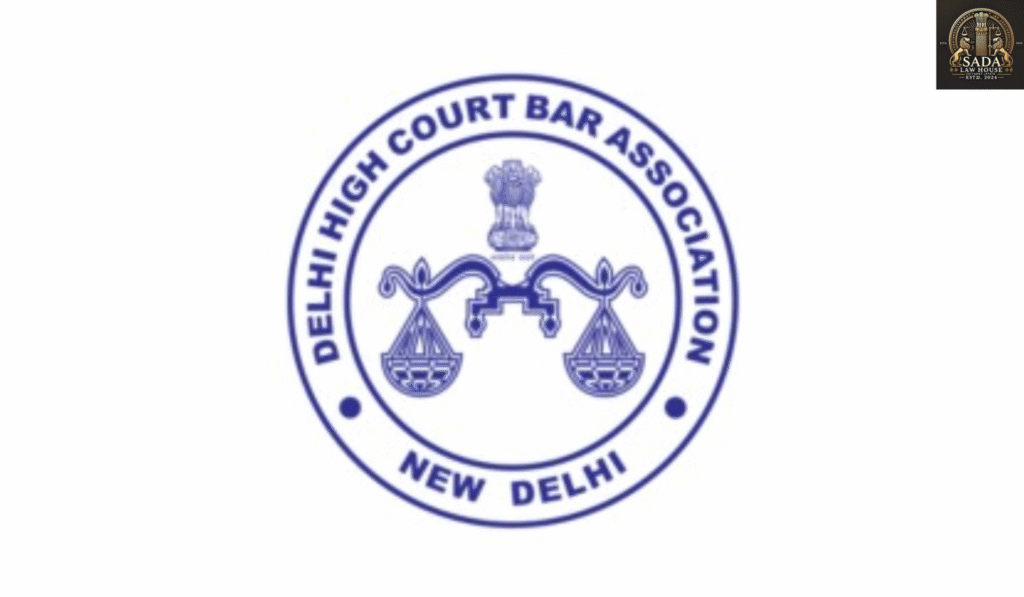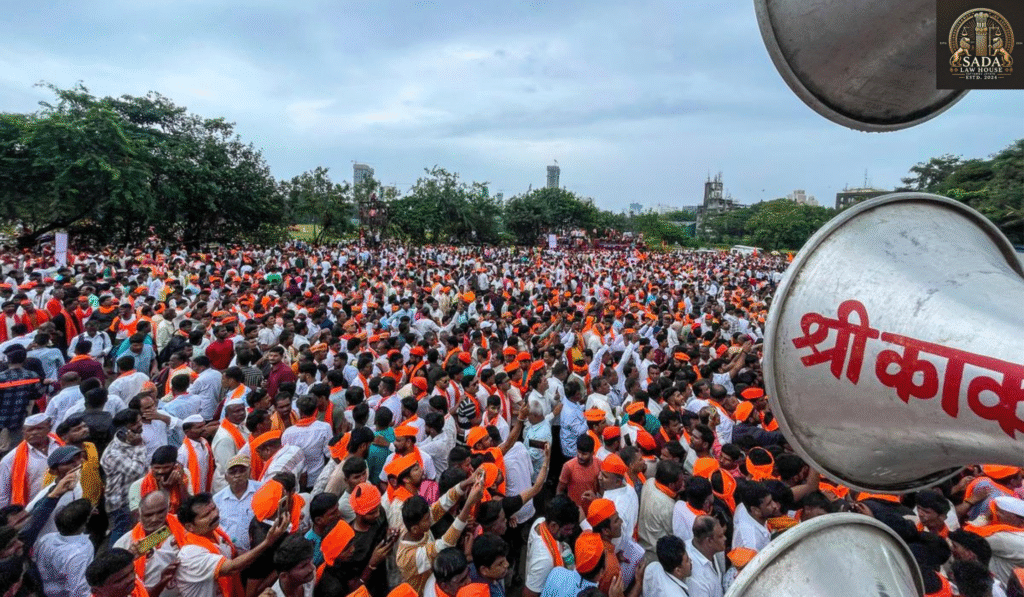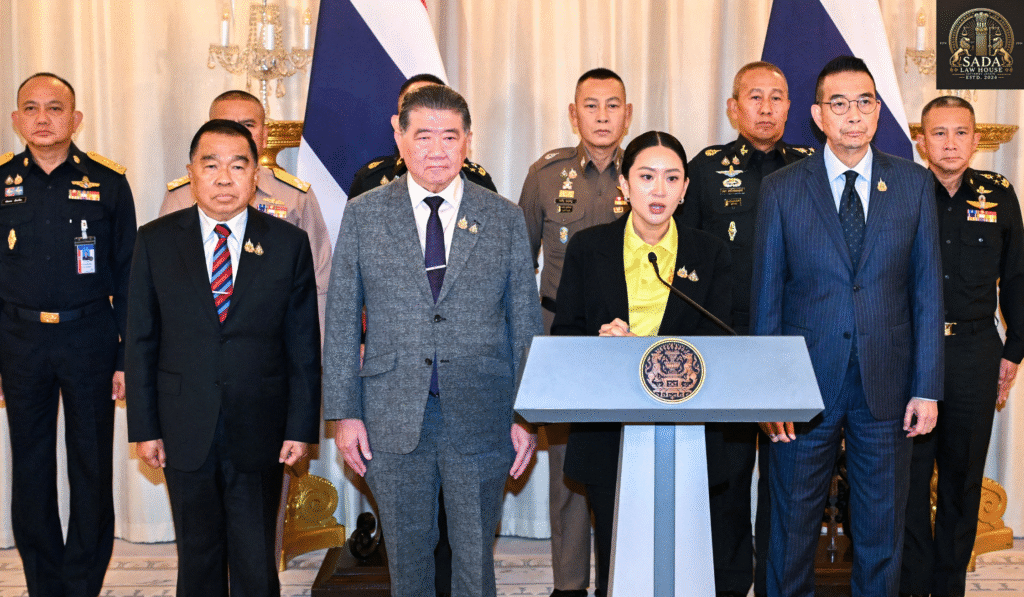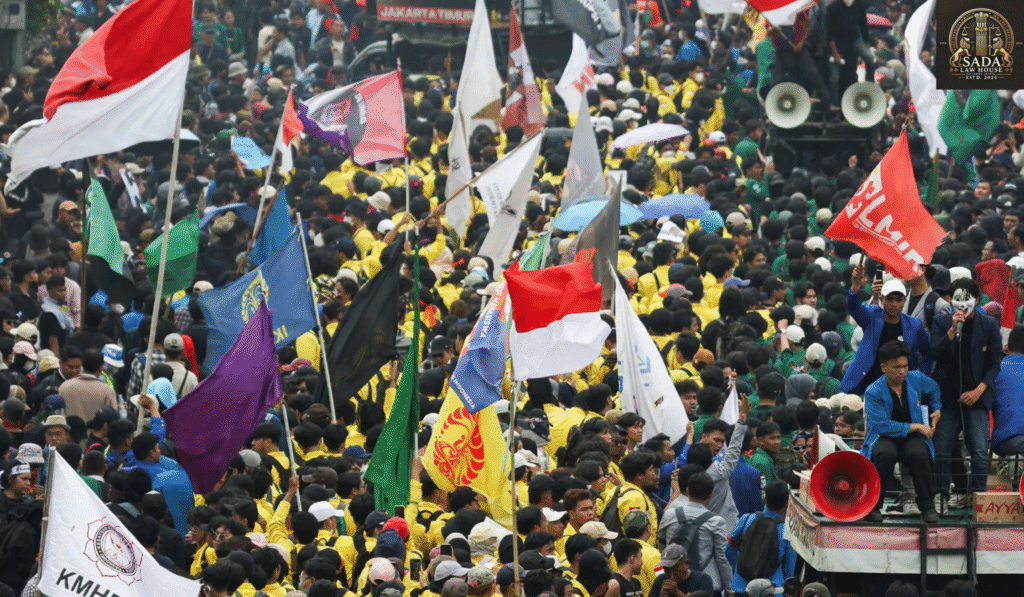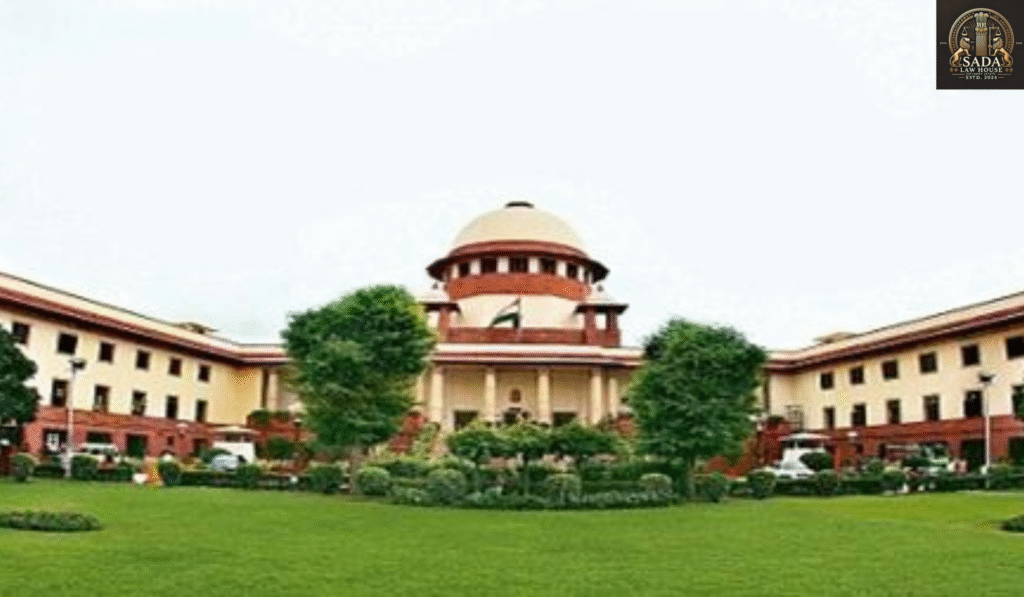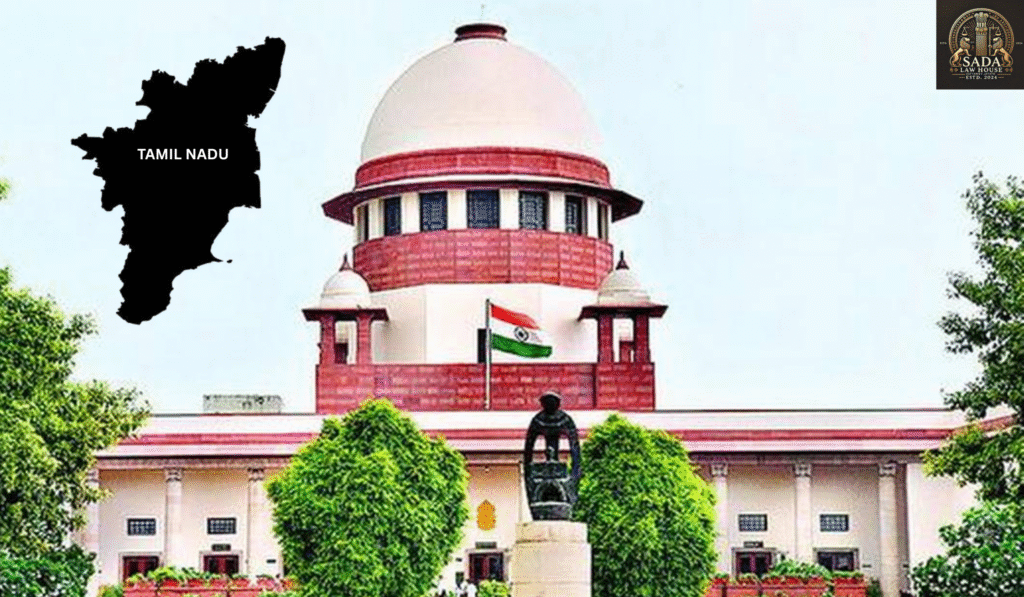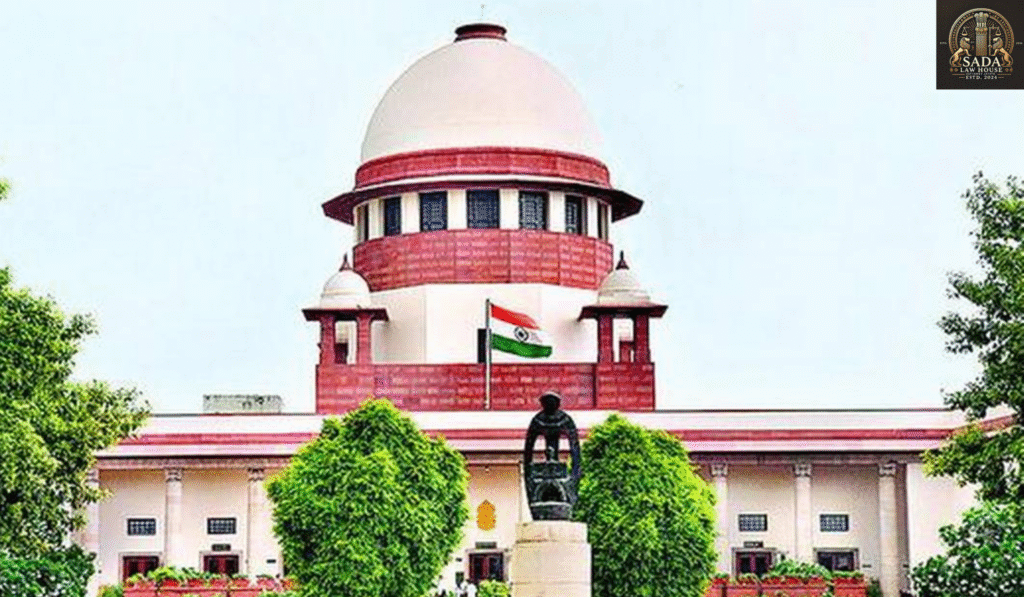Indonesia’s Protests Persist as Authorities Clamp Down and Cases of Missing Persons Rise
Trending Today Indonesia’s Protests Persist as Authorities Clamp Down and Cases of Missing Persons Rise LEGAL JOB OPPORTUNITY AT PERITUM PARTNERS LEGAL INTERNSHIP OPPORTUNITY AT QWICK JUSTICE LEGAL JOB OPPORTUNITY AT AEQUITAS JURIS LAW FIRM LEGAL INTERNSHIP OPPORTUNITY AT MY DESIGNATION DHCBA Expresses Concerns to CJI, Collegium Over Transfer of Delhi High Court Judges Bombay High Court Pulls Up Maratha Quota Protestors for Citywide Disruption Thailand’s Political Thaw Hinges on People’s Party Decision Amid PM Uncertainty China and Russia Tout “Global South” Security Order at SCO Summit in Tianjin SC Calls SIR Confusion a “Trust Deficit”; EC: Objections Accepted After Deadline Indonesia’s Protests Persist as Authorities Clamp Down and Cases of Missing Persons Rise Shristi Singh 03 SEPTEMBER 2025 Introduction Despite a heavy security presence, protests across Indonesia showed no signs of abating on September 3. Women activists took to the streets of Jakarta wielding brooms as symbols of reform, even as human rights groups confirmed that at least 20 people remain missing following last week’s clashes. The rising cases of disappearance and allegations of police brutality have intensified calls for accountability. Background & Context The unrest began in late August after revelations of a lavish housing allowance for lawmakers, seen as tone-deaf amid economic struggles. Outrage peaked after the death of Affan Kurniawan, a ride-hailing driver, during a protest. Demonstrations quickly spread nationwide, with incidents of arson at legislative buildings. Government concessions, including a rollback of the allowance, have so far failed to pacify the public. Current Developments Women protestors, carrying brooms as symbolic tools of sweeping reform, staged sit-ins outside Parliament against corruption and police brutality. A human rights coalition verified reports of 20 missing persons, urging accountability and transparency. The United Nations has called on Indonesian authorities to investigate allegations of excessive force and disappearances. Despite a strong security clampdown, demonstrations continued in Bandung, Makassar, and Yogyakarta, signaling persistent defiance. Analysis Civil Fracture Widening: The persistence of protests reflects deep distrust in institutions and rising anger at elite privilege. State Response Deficiency: Reliance on force over dialogue risks aggravating tensions, rather than restoring stability. Potential for Reform: The broom-led women’s protests highlight growing momentum for a grassroots reform movement—but its impact will depend on systemic government action. Conclusion Indonesia stands at a crossroads: whether to engage in reform and reconciliation or continue down a path of repression and division. The outcome will define the future of its democracy and the credibility of its institutions in the eyes of its citizens and the world. Leave a Reply Cancel Reply Logged in as Sada Law. Edit your profile. Log out? Required fields are marked * Message* Live Cases Indonesia’s Protests Persist as Authorities Clamp Down and Cases of Missing Persons Rise Sada Law • September 4, 2025 • Live cases • No Comments DHCBA Expresses Concerns to CJI, Collegium Over Transfer of Delhi High Court Judges Sada Law • September 3, 2025 • Live cases • No Comments Bombay High Court Pulls Up Maratha Quota Protestors for Citywide Disruption Sada Law • September 3, 2025 • Live cases • No Comments 1 2 3 … 5 Next »
Indonesia’s Protests Persist as Authorities Clamp Down and Cases of Missing Persons Rise Read More »

